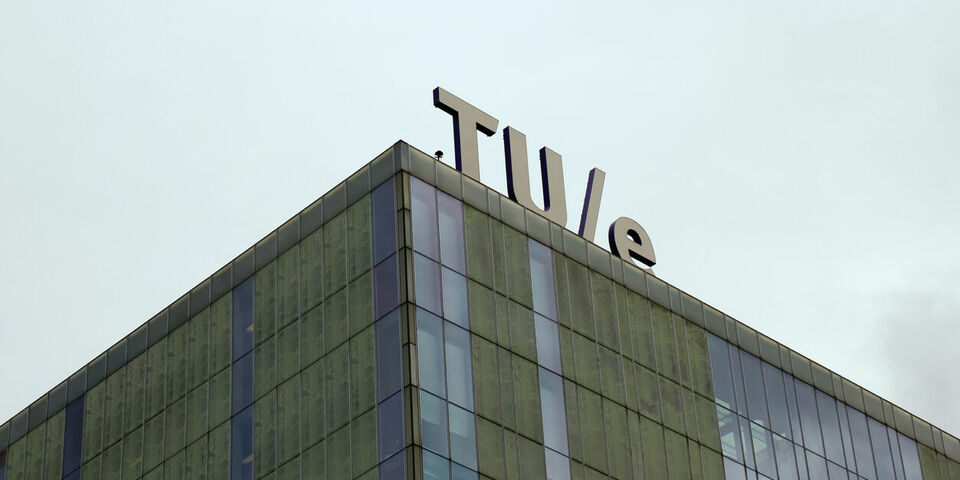TU/e: no public money in risky business ventures
TU Delft is running major financial risks and, against better judgment, continues to pump money into a loss-making proton clinic, NRC reported in late January. TU/e invests knowledge, but not money in businesses. “Financing is a job for other parties.”
According to NRC, a “culture of spending” is threatening TU Delft’s stability. For example, the university invested tens of millions of euros in HollandPTC, which recorded a loss of 26 million euros in 2021. In addition to existing investments, TU Delft, Leiden University Medical Center (LUMC) and Erasmus MC in Rotterdam are providing a joint guarantee for a 90-million-euro loan from the European Investment Bank (EIB). Should HollandPTC go bankrupt, TU and the two medical centers would each lose more than 30 million euros.
In an extensive reaction, TU Delft writes that it does not recognize the picture painted by NRC “as if there is a culture of easy and excessive spending at TU Delft, and therefore [it] strongly rejects this suggestion.”
Read also the article by TU Delft’s university newspaper Delta: ‘NRC newspaper: Against its better judgement, TU Delft continues to put money into proton clinic’
The lingering question is whether it is wise for a university to put public money into companies. TU Delft says it is, because this is necessary to bring university innovations to the market. “Because otherwise, it simply doesn’t happen,” says a TU Delft spokesperson when asked. President of the Executive Board Tim van der Hagen stresses in the NRC article that TU Delft is not out to make a profit. “We are not trying to make money, but to spend it. That is our mission: to spend every euro as efficiently as possible. On good education, research and bringing innovations into society,” says Van der Hagen, who is also the Rector Magnificus of TU Delft.
What about TU/e?
How does the TU in Eindhoven deal with investments in companies? “We don’t invest TU/e money in participations or other companies,” says a spokesperson. However, the university is a shareholder in dozens of spin-offs, startups and other companies. When professors, researchers or students start a business, TU/e encourages and facilitates that. TU/e then invests in the form of knowledge, “in exchange for shares”.
TU/e’s goal is the same as that of TU Delft: valorization, or creating social value with innovations conceived at the university. “With these shares, we can contribute to the optimal development of our startup companies in order to achieve maximum social impact,” says the spokesperson. When the company is able to stand on its own feet, the university sells its shares. “When we are confident that the company is well-established and can continue independently, we sell the shares. So we do not hold shares for the sake of profit.”
Current shares
According to the latest annual report (for 2022), TU/e had shares in 54 companies. In 7 companies, the university owned 100 percent of the shares, such as Euflex; TU/e's internal employment agency. The financial results of those companies are included in the university’s figures (“consolidated” in jargon). In 2022, Euflex recorded a turnover of 17.9 million and a profit of 2.1 million. For the other six companies, the annual report only states that they recorded “stable turnovers and results”. No figures are given except that the 7 companies employ a total of 303 people.
In addition, TU/e was a co-shareholder in 47 other companies at the end of 2022, including Modelta – which specializes in innovative membrane technology for chemistry – and Innofluidics – which focuses on the detection of circulating tumor cells. No information on the financial performance of those companies is included in the annual report. How much the companies are worth is also unknown. “The value of a participation only becomes apparent when we sell our shares,” says the spokesperson. The sale of companies generated a 9.1-million-euro profit in 2022.
No public money in risky business ventures
So unlike TU Delft, TU/e does not invest money in companies, thereby avoiding financial risk. “We believe that as a university, we should not invest public money in risky business ventures, which startups inherently are,” the spokesperson explains. “Financing is a job for other parties. However, we do everything we can to facilitate our startups as effectively as possible in order to optimize the chances of a successful start of the business and in doing so, maximize the opportunity for social impact.”


Discussion